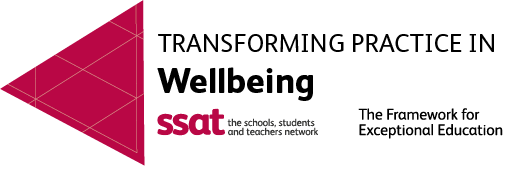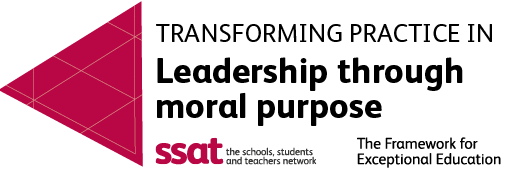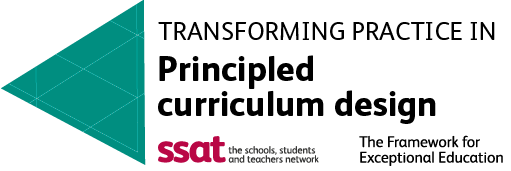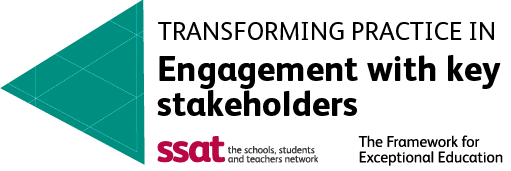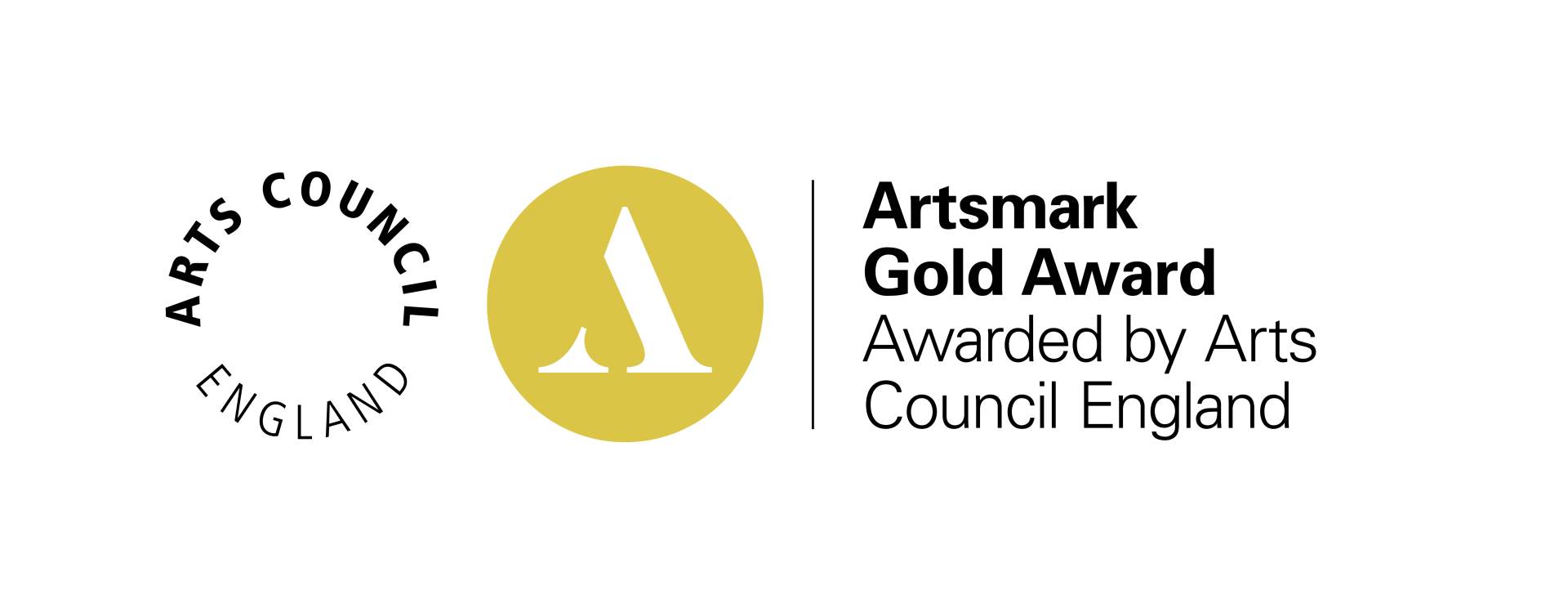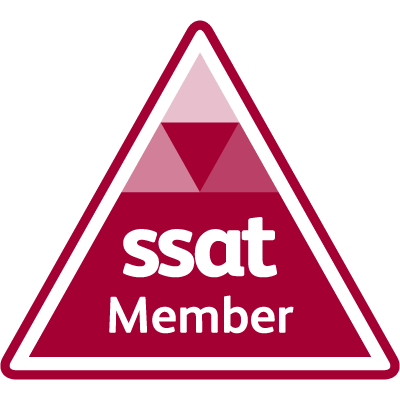Travel and Tourism (Applied Edexcel BTEC Level 3 National Extended Certificate)
Course Specification |
Pearson BTEC Level 3 National Extended Certificate in Travel and Tourism (601/9023/1) |
Subject Specific Entry Requirements |
No additional subject specific entry requirements. |
Costs Associated with this Course |
Under review. More information to follow. |
Who is this qualification for?
The Pearson BTEC National Extended Certificate in Travel and Tourism is intended as an Applied General qualification. It is designed for post-16 learners with an interest in travel and tourism who want to continue their education through applied learning, and who aim to progress to higher education. The qualification is equivalent in size to one A Level and is designed to occupy one-third of a typical study programme, which could include other vocational or academic qualifications, such as another BTEC National or A Level. This qualification gives a broad introduction to the travel and tourism industry, with an emphasis on core knowledge and fundamental skills that are transferable across other sectors.
Why Travel and Tourism?
What could this qualification lead to? In addition to the travel and tourism sector-specific content, the requirements of the qualification will mean that learners develop transferable skills, which are highly regarded by higher education providers and employers. The qualification will give learners transferable knowledge, understanding and broad skills such as communicating and presenting ideas. All of the content in the qualification will help prepare learners for further study. The qualification carries UCAS points and is recognised by higher education providers as contributing to meeting admission requirements for many courses, if taken alongside other qualifications as part of a two-year programme of learning. It combines well with a large number of subjects at Level 3, whether academic or vocational.
The qualification can be taken as part of a diverse programme, leaving progression options fully open. It can give context to subjects that would benefit from some sector background. This will depend on the combination of qualifications chosen, for example if taken alongside:
- A Levels in History or Modern Foreign Languages.
Learners should always check the entry requirements for degree programmes with the specific higher education providers.
What does this Qualification Cover?
The objective of the qualification is to support progression to higher education. The content of this qualification has been developed in consultation with higher education providers to ensure that it supports this progression. In addition, employers and professional bodies have been involved and consulted in order to confirm that the content is appropriate and consistent with current practice. This qualification includes three mandatory units covering the following content areas.
- The travel and tourism industry – the travel and tourism industry in the UK is growing and is of major importance to the economy. Learners will develop the skills needed to examine, interpret and analyse a variety of statistics that measure the importance of tourism to the UK.
- Different types of destinations and their importance – learners will investigate the features and appeal of global destinations.
- Principles of marketing in travel and tourism – learners will explore how to develop a successful marketing plan for use by travel and tourism organisations to attract and engage with customers using research data.
Learners select one optional unit to support their progression to travel and tourism and other courses in higher education.
How does the qualification provide employability skills?
In the BTEC National units, there are opportunities during the teaching and learning phase to give learners practice in developing employability skills. Where employability skills are referred to in this specification, we are generally referring to skills in the following three main categories:
- cognitive and problem-solving skills: using critical thinking, approaching non-routine problems applying expert and creative solutions
- interpersonal skills: communicating, working collaboratively, negotiating and influencing, self-presentation
- intrapersonal skills: self-management, adaptability and resilience, self-monitoring and development.
There are also specific requirements in some units for assessment of these skills where relevant, for example, where learners are required to undertake real or simulated activities.
How does the qualification provide transferable knowledge and skills for higher education?
All BTEC Nationals provide transferable knowledge and skills that prepare learners for progression to university. The transferable skills that universities value include:
- the ability to learn independently
- the ability to research actively and methodically
- the ability to give presentations and be active group members.
BTEC learners can also benefit from opportunities for deep learning where they are able to make connections among units and select areas of interest for detailed study.
BTEC Nationals provide a vocational context in which learners can develop the knowledge and skills required for particular degree courses, including:
- effective writing
- analytical skills
- creative development



 Safeguarding
Information
Safeguarding
Information Arbor
Arbor